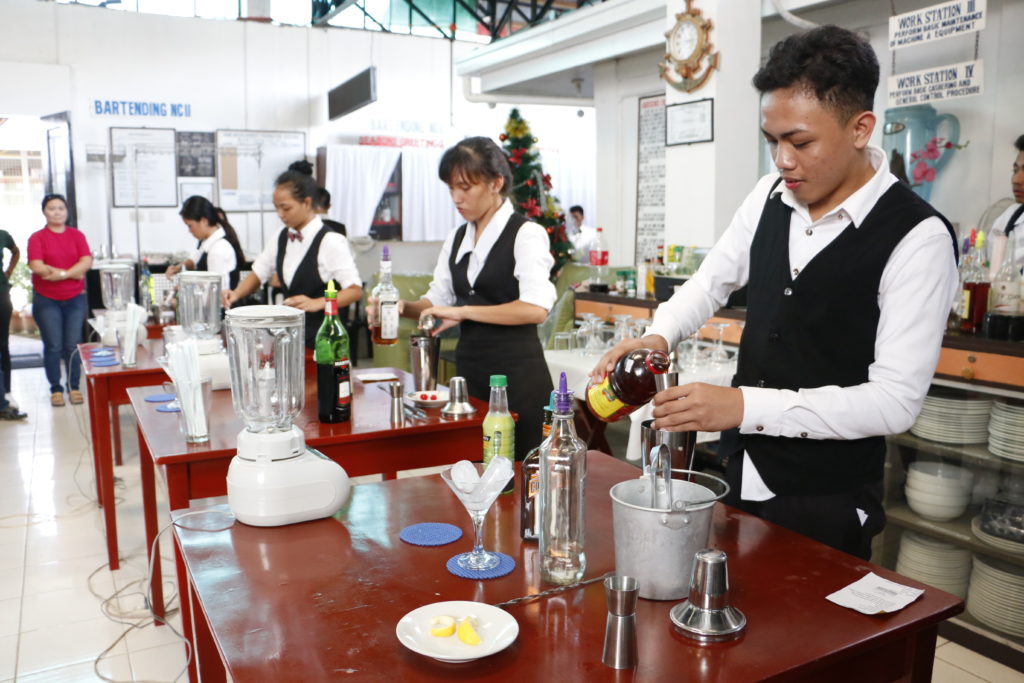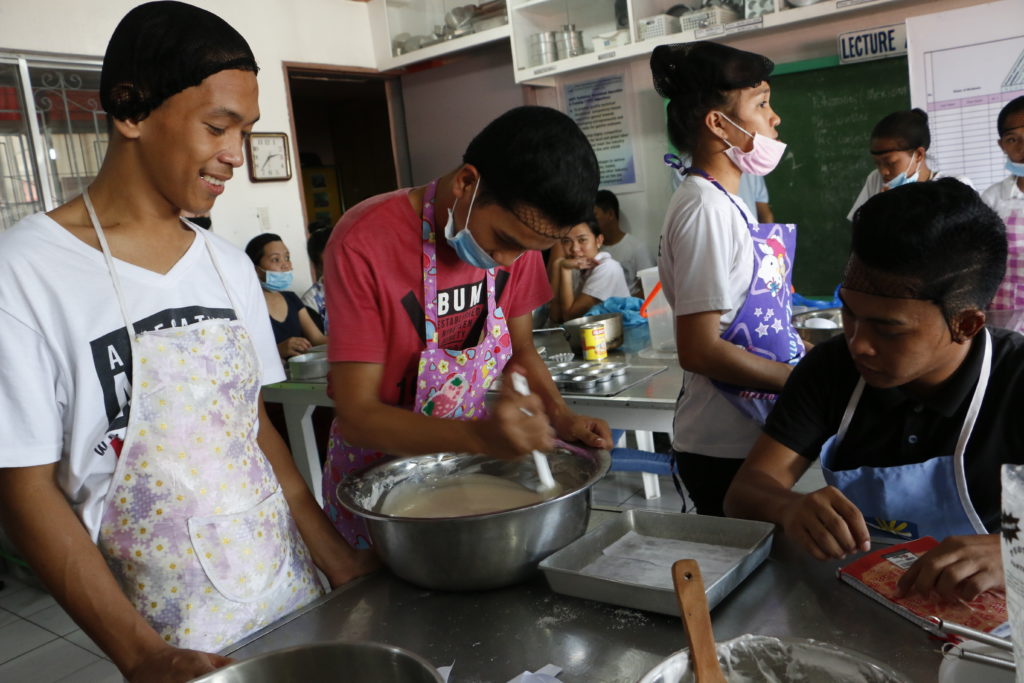Bayanihang Pampaaralan
Platform for Collective Engagement Bayanihang Pampaaralan
The Bayanihang Pampaaralan is focused on capability building of public schools as well as influencing systems of change to contribute to the attainment of desired education outcomes and impact. This program shall enable HS graduates to be ready for work or entrepreneurship, fit for jobs or ready for college.
In today’s economy, all young people have to navigate a complex landscape to make their way through education and training and into work. Along the way, they meet many factors that contribute to either good or poor outcomes. In the world of work, what they know is not enough, they also need to demonstrate what they can do with what they know.
The Philippine education system is trying its best to prepare the youth to be future-ready. But the enormity and complexity of the challenges facing the workforce of tomorrow call for deeper public and private sector collaboration.
PBSP established the Bayanihang Pampaaralan Initiative as a platform to generate private sector constituency that supports education reforms. After initially focusing its efforts and significantly helping the Department of Education (DepEd) close the classroom gap in 2011, it turned its attention to supporting Senior High Schools (SHS) produce graduates primed to join the workforce. As its collective agenda, Bayanihang Pampaaralan provided corporate executives an opportunity to participate in the discourse of the issues and needs to effectively implement senior high school and to co-create solutions and opportunities for meaningful engagement.Through

Through academe-industry conferences held in Manila, Cebu City, and Cagayan de Oro City, emerging region-specific challenges and opportunities to enhance Senior High School implementation and the facilitation of the students’ transition to the workforce were discussed. These reinforced the sense of responsibility among the different stakeholders. Armed with a better appreciation of the issues, there came about a strong desire and greater understanding of the strategies and approaches that will respond to the schools’ and students’ needs. Going beyond the traditional corporate philanthropy, solutions that created value for both the industry and the academe were explored.

Recognizing that the success of the SHS particularly the TechnicalVocational Education and Training (TVET) program is hinged on the graduates’ successful entry into working life, it was crucial to align education and training to economic policies and labor market demands in order to enhance employability and productivity of the new entrants to the workforce. A job market study was conducted which provided information surrounding skills demand by matching the industries’ desired skills with the skills supplied through the SHS Program, and the appetite of the business sector in accepting SHS graduates to fill up job openings. Career orientations were also conducted to help students and their parents, who still influence the career choices of their children, to appreciate the importance of choosing a career that is aligned not only to their interests and aptitudes but also to the available curricular exits. Transition to employment was greatly improved as demonstrated during the job fairs that were conducted in Cebu and Cagayan de Oro. In Cebu, out of the 1,911 graduates who were interviewed, 1,516 were qualified, 209 of whom were hired on the spot. In Cagayan de Oro, out of the 50 graduates, 21 were hired on the spot and a few others were requested to undergo interviews and recruitment examinations after the job fair.













